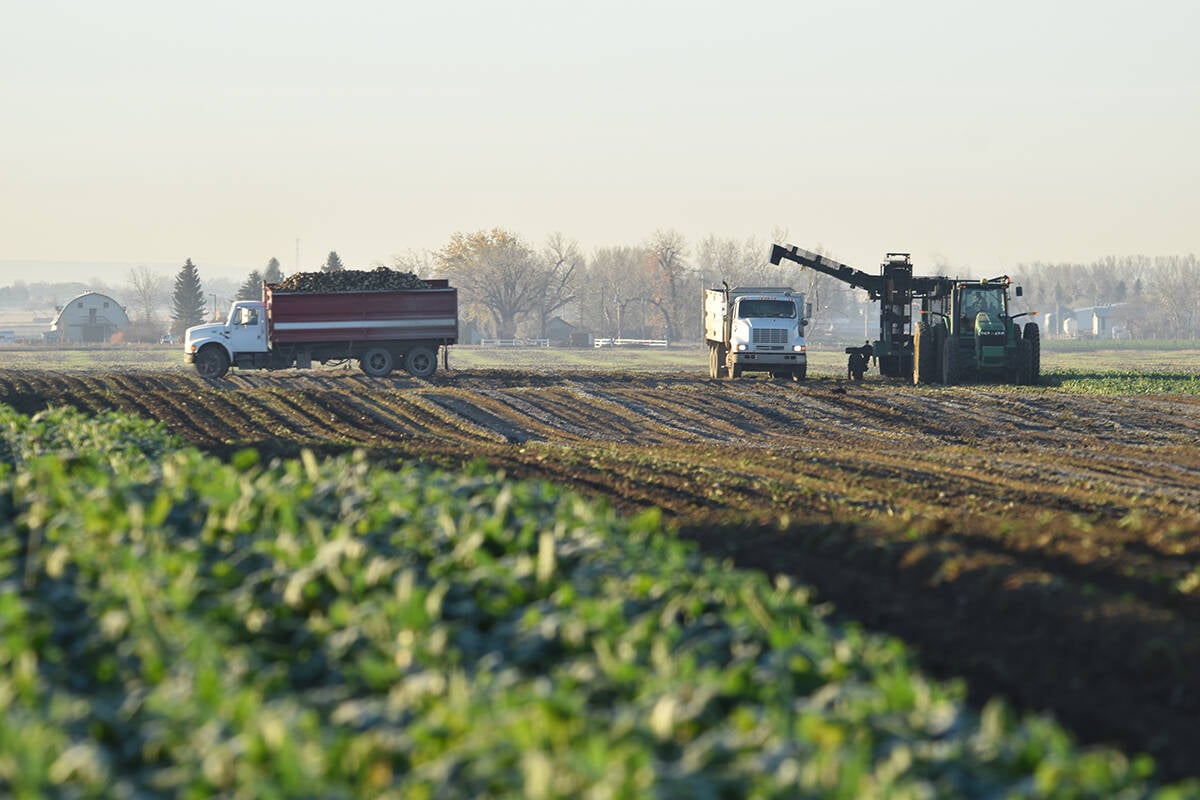As consumers become more interested in how their food is produced, it becomes more important for producers to explain their practices.
So says University of Calgary animal welfare professor Ed Pajor.
He serves on a committee developing a new code of practice for beef cattle, which was last updated in 1991. It’s a process that began in November 2010 and is scheduled to be complete by next April.
New codes of practice are also planned for the dairy, horse, hog, sheep and poultry industries. The codes are intended as blueprints for proper animal care and handling, covering food and water, housing and best practices for procedures such as dehorning, castration, tail docking and shipping.
Read Also

Canada the sole G7 nation without a Domestic Sugar Policy to aid local sugar beet production
Canadian sugar beet industry vastly different to US with free-market system compared to protective government-regulated sugar program
Pajor said continuation of the social licence granted to livestock producers will depend in part on how they embrace the new codes of practice.
“What we’re really talking about is consumers being able to trust producers that they are doing the right thing, and that producers have a way of demonstrating that,” said Pajor.
Jackie Wepruk, general manager of the National Farm Animal Care Council, said public and producer input is now being sought into the code of practice process.
“The code development committees actively work with the animal welfare advocates, but if the notion is to eliminate animal agriculture, that perspective is not one that we generally include on the code development committees because that’s a completely different discussion,” she said.
However, Wepruk sees value in bringing diverse groups to the table to discuss animal welfare. The code committee includes producers, veterinarians, researchers, humane societies, government representatives and officials from restaurant and food companies.
Ontario chicken producer John Maaskant supports the development of new codes, but he also notes livestock producers have a good record of animal care that is seldom acknowledged.
“The OSPCA (Ontario Society for the Prevention of Cruelty to Animals) deals with about 14,000 complaints a year. Of that, not even one percent is farm related. And of that one percent, even less are actually situations that they have to deal with,” said Maaskant.















